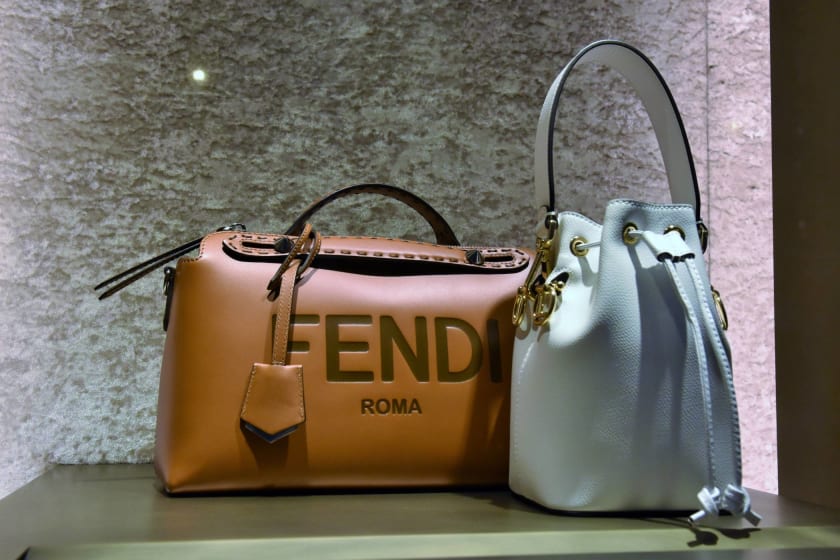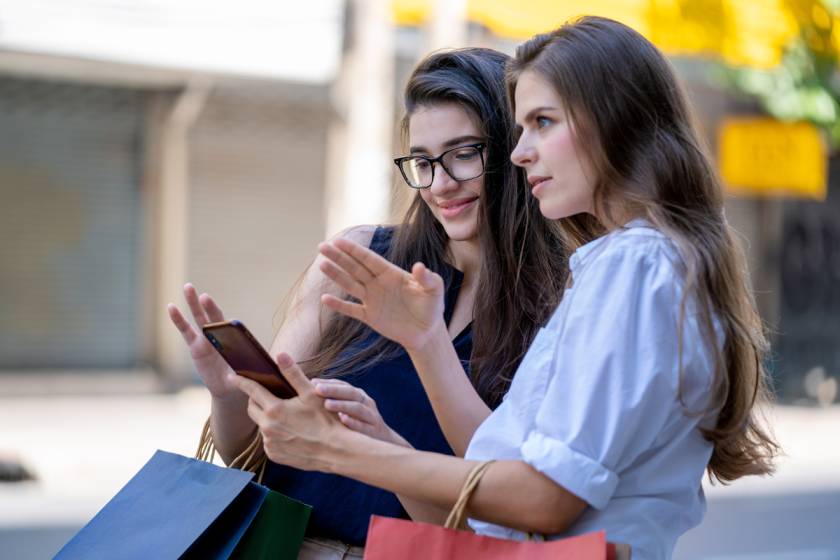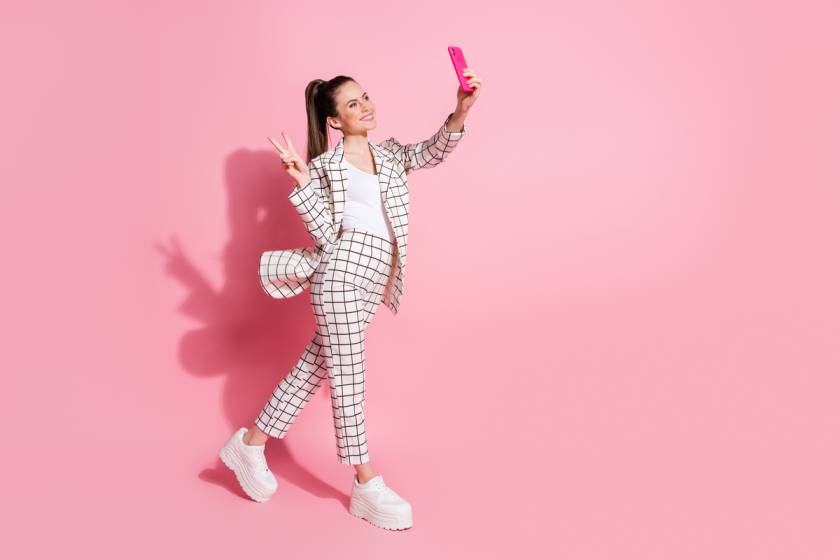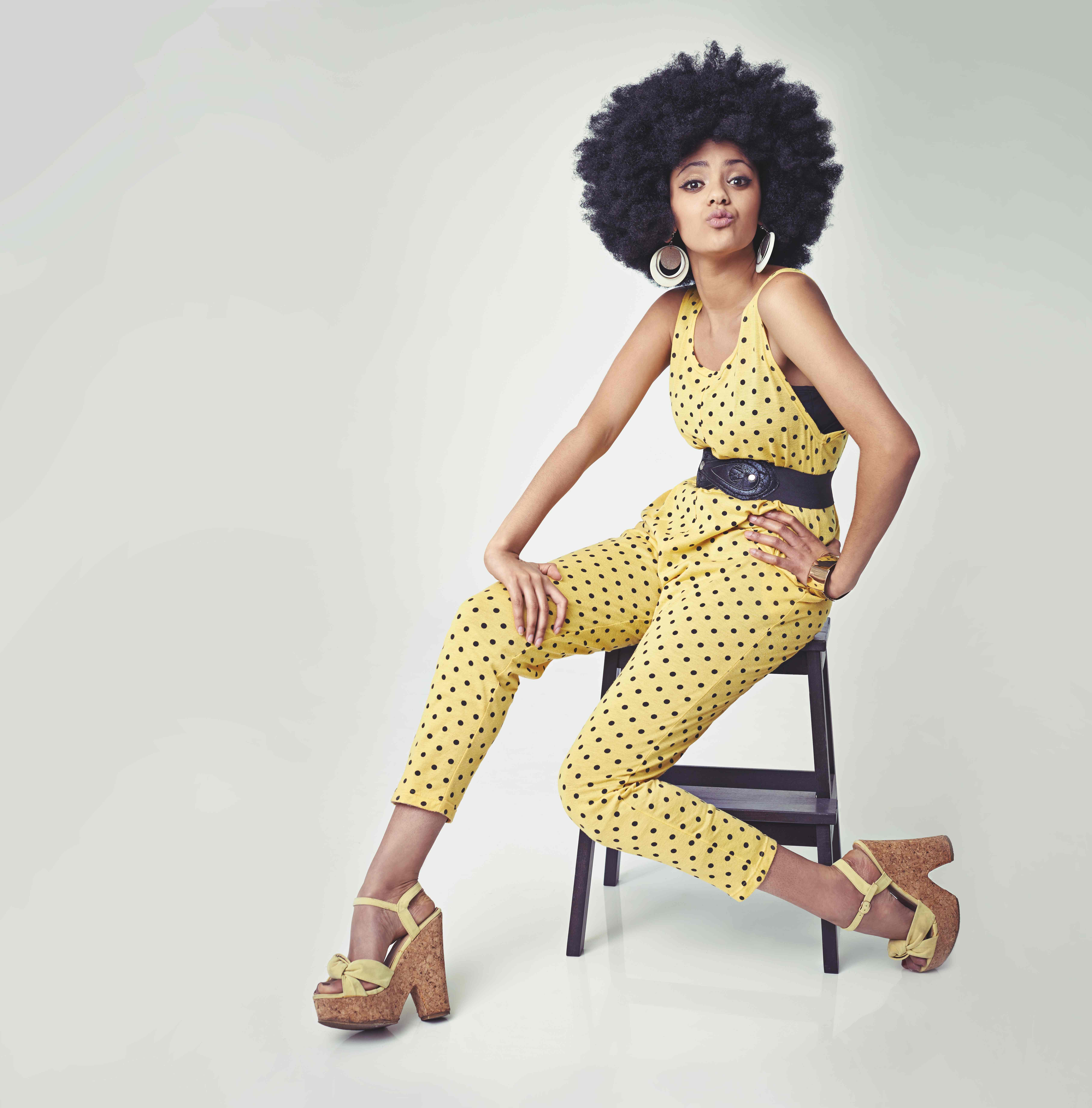Luxury Brands Must Become Peer-to-Peer Influencers



Social media is a cluttered space. It resembles nothing less than an echo chamber and a noisy one at that. Consumers of luxury fashion goods are seeing through the veil and are demanding “more” from the brands. More sustainable products. More engagement of the brands with the community. More empathy from the brands. Luxury brands can no longer rely on a few famous faces to get their customers to buy.
Luxury brands must become peer-to-peer influencers.
Why Luxury Brands Must Become Peer-to-Peer Influencers
In a turn of events that now seem natural given the way the world has evolved during the Covid-19 pandemic, millennials and Gen Z are now perceiving and interacting with luxury brands differently than they used to. Gone are the days when customers would be swayed by glitzy ads or make a beeline to buy what Deepika Padukone wore when she was snapped sweating out in the gym. Customers now value authenticity over the brand name, celebrity endorsements, and salesmanship.
Luxury brands must become peer-to-peer influencers. Here’s why:
1. Millennials and Gen Z are wary of large corporations and aggressive advertising.
Millennials and Gen Z believe that for the greater part of their lives, they have been exposed to aggressive advertising and marketing campaigns from humongous corporations that cared more about their bottom line than what their customers wanted. Customers of luxury goods around the world are tired and weary; they are now more swayed by what their peers are recommending than what Kim Kardashian endorses on her Instagram feed.
2. The Covid-19 pandemic has changed the perceptions around connecting with others.
The Covid-19 pandemic brought almost everyone face to face with an imperceptible scale of loss, isolation, death, disease, and misery. Perceptions about what constitutes quality of life and how authentic connections feel have changed. Consumers of luxury goods around the world now crave genuine connections that hinge on trust, mutual respect, empathy, and understanding.
Luxury brands have to rethink their marketing script. Or, do away with one altogether!
3. Millennials and Gen Z are adopting mindfulness in their lives.

It may be the scale of devastation brought about by the pandemic, or it may be tiredness stemming from being a part of a fast-paced and impersonal consumerist culture. Millennials and Gen Z are increasingly trying to live their lives mindfully.
They want to know how their purchases are affecting others around the world and the planet at large. They want to be mindful of what they purchase. And this is why they want to make quality purchases recommended by people they can trust and who have actually used the products, not celebrities who get paid millions of dollars for a single Instagram post.
How Luxury Brands Can Become Peer-to-Peer Influencers
Here’s how luxury brands can alter their brand image and become peer-to-peer influencers:
1. Becoming more human.
Luxury brands must descend from their ivory towers and forge more intimate connections with their audience. This means being less of a “brand” and more of a “human being.” They need to interact with their audience as peers do, with genuine empathy, respect, and compassion.
Luxury brands need to think more in terms of solving the problems of their customers than improving their balance sheets. They need to think more in terms of providing goods that align with the ethics of their customers than how they can increase their profits.
In short, luxury brands should seek to interact with their customers without an agenda.
2. Investing in the “everyday influencer.”

According to a study by Bazaarvoice, 56% of the people surveyed for the study said that they followed “the everyday influencer” on social media and paid heed to their product recommendations.
The “everyday influencer” is the friend, co-worker, family member, or online acquaintance that a person has probably not met. What differentiates an “everyday influencer” from a celebrity influencer is that the former is perceived as a person who is trustworthy, knows what they are talking about, and does not care whether their recommendations will set cash registers ringing for certain companies.
Luxury brands should invest in these “every day” influencers and seek to connect with them.
It starts with identifying these influencers. Brands should create products and adopt a marketing voice that resonates with the values of these influencers.
This strategy takes more time and effort than shelling out loads of money on getting celebrity influencers to endorse their products. But it is worth making this investment because customers today pay more attention to what their neighborhood super-mom is using to ease her laundry day than what a silver screen diva, with an entourage of domestic help, endorses on the television.
3. Becoming a part of or creating conversations around the core values of customers.
The mindful millennial and Gen Z customers make purchase decisions based on what resonates with their core values. The core values of luxury brand consumers are increasingly shifting from consuming to enhance social prestige to consuming in a way that does not hurt the planet or the lives and health of others. The buzzwords are “sustainability” and “ethical consumption.”
Luxury brands should take part in these conversations as they happen on social media or create conversations themselves to connect with those “everyday influencers” who embody these values. This is an excellent ploy to identify influencers who can be later roped in to be their brand ambassadors.
Players in the world of fashion are always on the lookout to connect with luxury brands that have nailed the art of peer-to-peer influencing. You can get in touch with Fashinza to source clothes for your luxury brands so that your customers resonate with you.



















